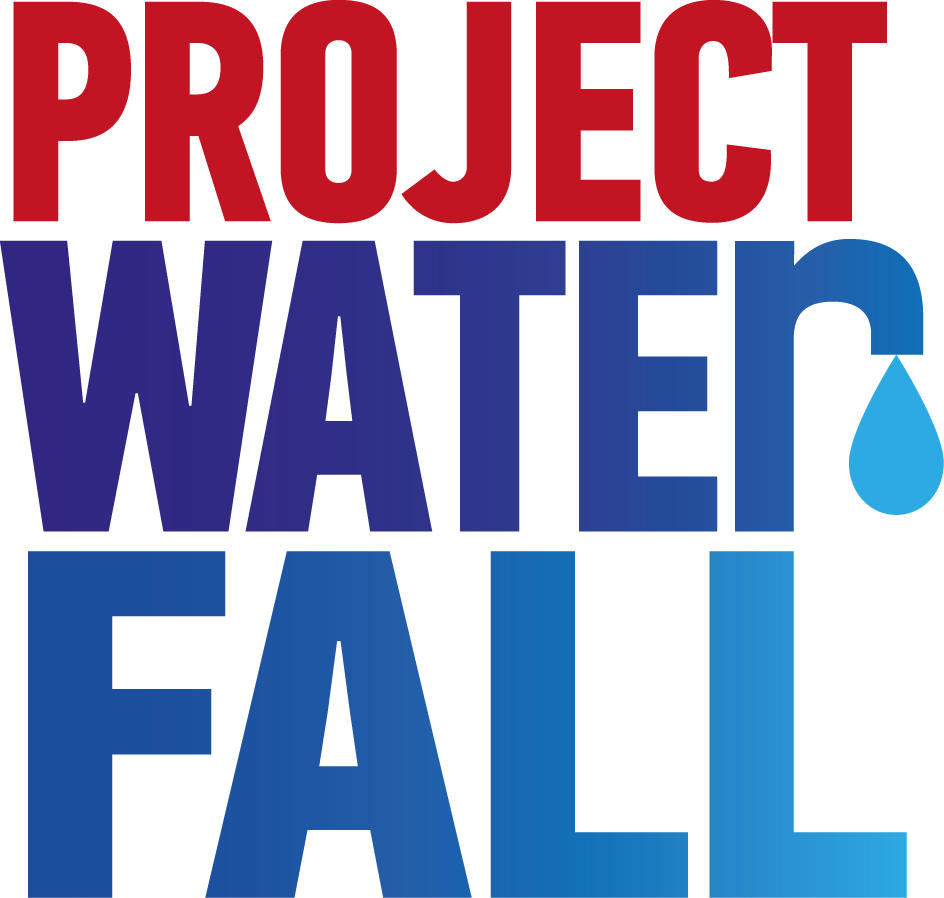Access to clean water and sanitation has a direct and positive impact on community health.
1.6 million people every year die from water-related diseases. By increasing access to clean water and providing education around hygiene, we can have a positive impact on community health and help to bring this number down.
These two stories from individuals in the health care sector in Bugesera share the impact that our latest project in Rwanda has had on community health.
First, Dr. Rutagengwa shares his observations about WASH (Water, Sanitation and Hygiene) systems:
Dr. William Rutagengwa is the Director General of Bugesera district hospital, and his experience and knowledge makes him a valuable member of the WASH board for his district. After years of treating patients with waterborne diseases, Dr.Rutagengwa has seen first hand how health and access to clean water are directly related, and he takes this expertise with him to WASH board discussions.
“I am part of this WASH board as a medical and a public health practitioner who understands better the importance of WASH in disease prevention and [the] health sector at large. [...] All these challenges are part of what we discuss regularly in WASH board meetings, and we try to find solutions”
Having members of the communities directly impacted by this project on the WASH board ensures that the voices of the Mwogo and Juru people are heard and help guide the work being done. With your help WASH boards have been set up in every district of Rwanda.
Venant Nsengiyumva shares his experience as a community health worker:
Water is essential to health, and through the implementation of this project thousands of people are gaining the access to clean water needed to maintain their health. WaterAid has also worked to distribute booklets on hygiene and has hosted hygiene behaviour change training sessions.
Venant was a participant in one of these trainings and describes his role as a community health worker (CHW) after the training:
“A CHW plays a key role in behaviour change on good hygiene practices like handwashing before and after [going to the] toilet, before preparing food, before eating, for mothers breastfeeding […] A CHW oversees at least three families they visit regularly to check and share ideas on good hygiene practices.”
Thanks to dedicated community members like Venant, the impact of access to clean water can be even greater as new techniques of good hygiene are learned and shared with others.



